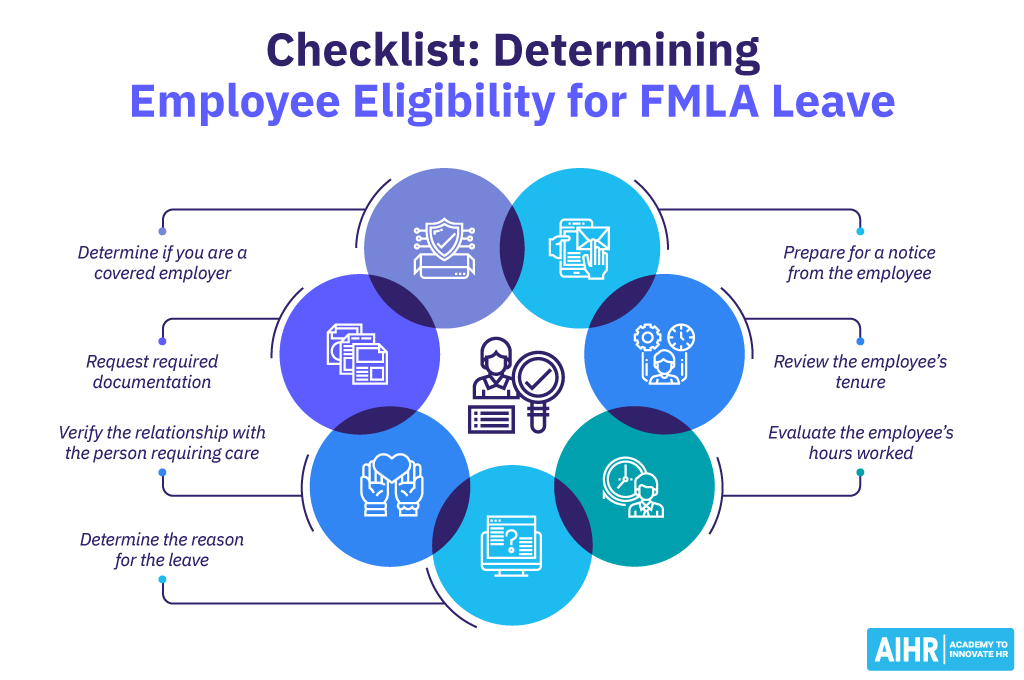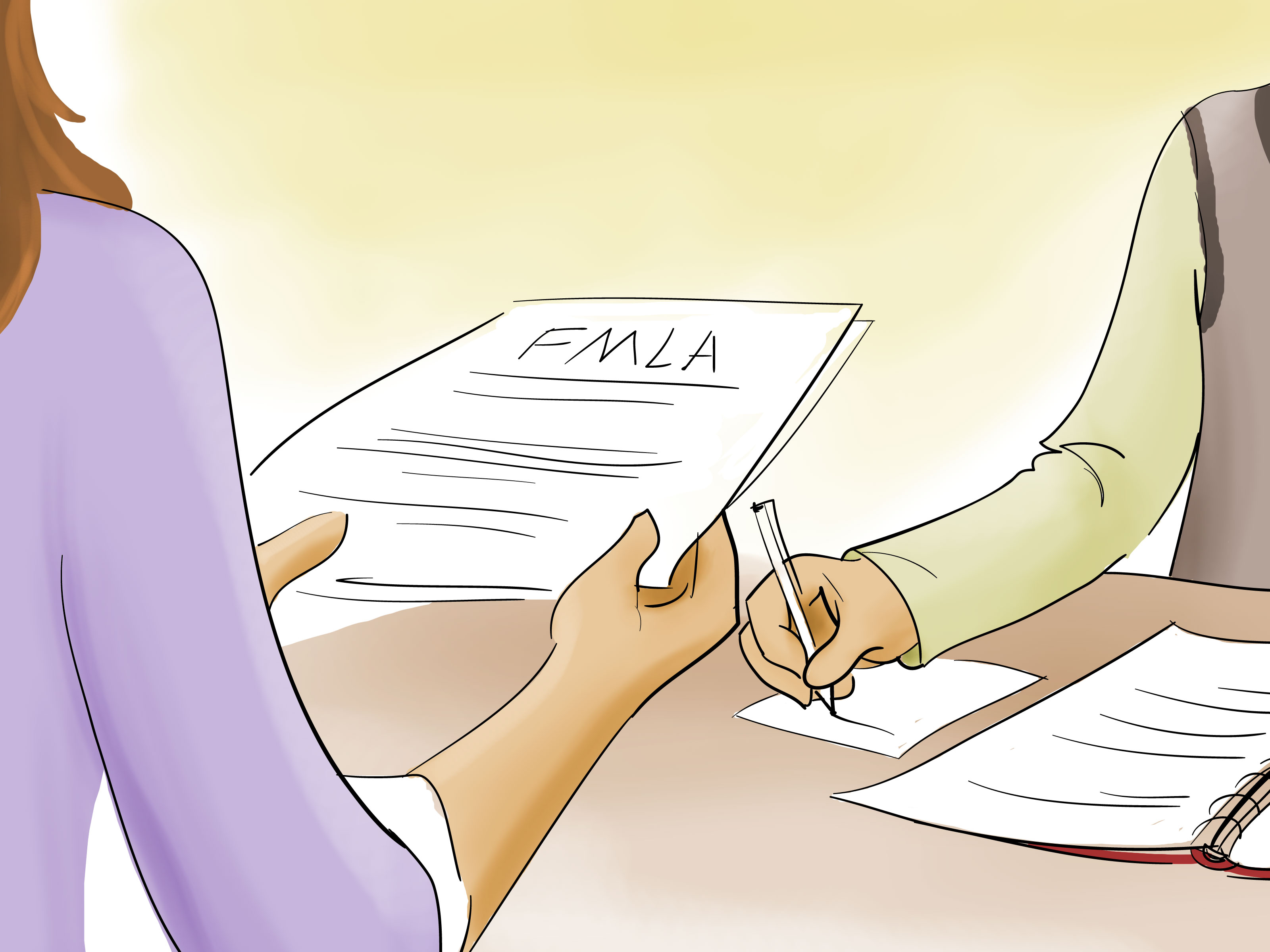FMLA Paternity Leave Forms: Step-by-Step Guide

Introduction to FMLA Paternity Leave

Are you preparing to welcome a new member into your family? Taking time off for paternity leave can be a crucial part of this joyful journey. However, understanding the process can sometimes feel overwhelming. The Family and Medical Leave Act (FMLA) provides eligible employees with the right to take unpaid, job-protected leave for family and medical reasons, including the birth of a child. In this comprehensive guide, we’ll walk you through the FMLA paternity leave forms step-by-step, ensuring you can take this time off without undue stress.

Image: An overview of the FMLA paternity leave process
Eligibility for FMLA Leave

Before you begin the application process, it’s crucial to ensure that you meet the eligibility requirements for FMLA:
- Work at a Covered Employer: Your employer must have at least 50 employees within a 75-mile radius.
- Hours Worked: You must have worked for at least 12 months for the employer, and have worked at least 1,250 hours over the previous 12 months.
Check your eligibility by reviewing your employment contract, HR policies, or speaking with your HR department.
Step 1: Notify Your Employer

As soon as you know you’ll need to take paternity leave:
- Provide Notice: You must provide your employer with at least 30 days advance notice before your leave is to begin. If 30 days isn’t possible, provide notice as soon as practicable.
- Use of Leave: Clearly state your intent to use FMLA leave for paternity purposes. While verbal notification is acceptable, written documentation is preferred for clarity and record-keeping.
Step 2: Gather Necessary Documentation

To apply for FMLA paternity leave, you’ll need:
- Certification Forms: Your employer will provide the necessary FMLA certification forms. These often include a medical certification form from your healthcare provider or spouse’s healthcare provider if she gives birth, certifying the expected delivery date or actual birth.
- Birth or Adoption Certificate: You might need to provide a birth certificate or proof of adoption, depending on the circumstances.
- Personal Information: Details about your employment, expected leave dates, and any previous leaves under FMLA.

Image: Example of FMLA certification forms
Step 3: Complete the FMLA Forms

Fill out the forms meticulously:
- Employee Section: This includes your personal details, the reason for leave, and the expected or actual dates of leave. Make sure all fields are completed accurately.
- Healthcare Provider Section: Your or your spouse’s healthcare provider must fill this out. They’ll need to provide information about the medical necessity of the leave.
- Signature: Sign and date the form once completed to validate it.
🔗 Note: Be sure to review the completed forms for any errors or missing information to prevent delays.
Step 4: Submit Forms to HR

Submit your completed FMLA forms:
- Submission: Hand in or send the forms to your Human Resources department as soon as possible. Keep a copy for your records.
- Follow-Up: If there are any issues or questions regarding the forms, respond promptly to avoid delays in processing your leave.
Step 5: Understand Leave Duration and Substitution

Once your forms are approved:
- Leave Duration: FMLA provides up to 12 weeks of unpaid leave within a 12-month period. You can take this leave all at once or intermittently.
- Paid Leave: Some employers allow you to substitute paid leave for unpaid FMLA leave, like vacation or sick time. Check your company policy.
📝 Note: Be aware of any state-specific laws that might offer additional benefits or protections.
Step 6: Prepare for Your Leave

Before you go on leave:
- Handover: Arrange a smooth transition of your duties by delegating tasks or informing your team of your upcoming absence.
- Communication: Agree on a method of communication with your employer for important updates or emergencies while you’re on leave.
End of Leave and Return to Work

As your leave concludes:
- Notice to Return: Provide your employer with a notice of your intent to return to work at least 2 weeks before your anticipated return date.
- Return Position: You are entitled to return to your same or an equivalent position, with the same or equivalent pay, benefits, and working conditions.
- Post-Leave Meeting: Arrange a meeting to discuss any changes in work responsibilities or team dynamics since your departure.
This guide has provided you with a comprehensive walkthrough on how to navigate the FMLA paternity leave process. By following these steps, you can secure your time off to bond with your new child, support your family, and return to work with peace of mind. Remember, the key is preparation and clear communication with your employer to ensure a seamless transition both at home and at work.
What happens if I need to extend my FMLA leave?

+
If you need to extend your FMLA leave, you should discuss this with your HR department or supervisor as soon as possible. They will need updated certification from your or your spouse’s healthcare provider to verify the necessity for the extension.
Can I take FMLA leave for adoption or foster care?

+
Yes, FMLA allows eligible employees to take leave for the placement of a child for adoption or foster care. You’ll need to provide documentation similar to that required for a birth, including proof of the placement and medical certifications if necessary.
What if my employer doesn’t approve my FMLA leave?

+
If your employer denies your request for FMLA leave, they should provide a reason. If you believe the denial is unjust, you can file a complaint with the Wage and Hour Division of the U.S. Department of Labor.



